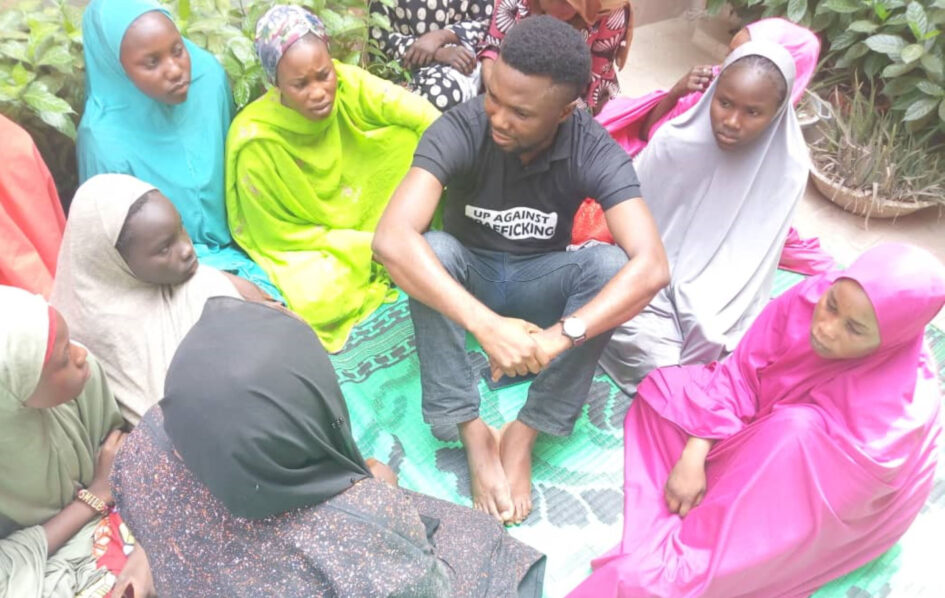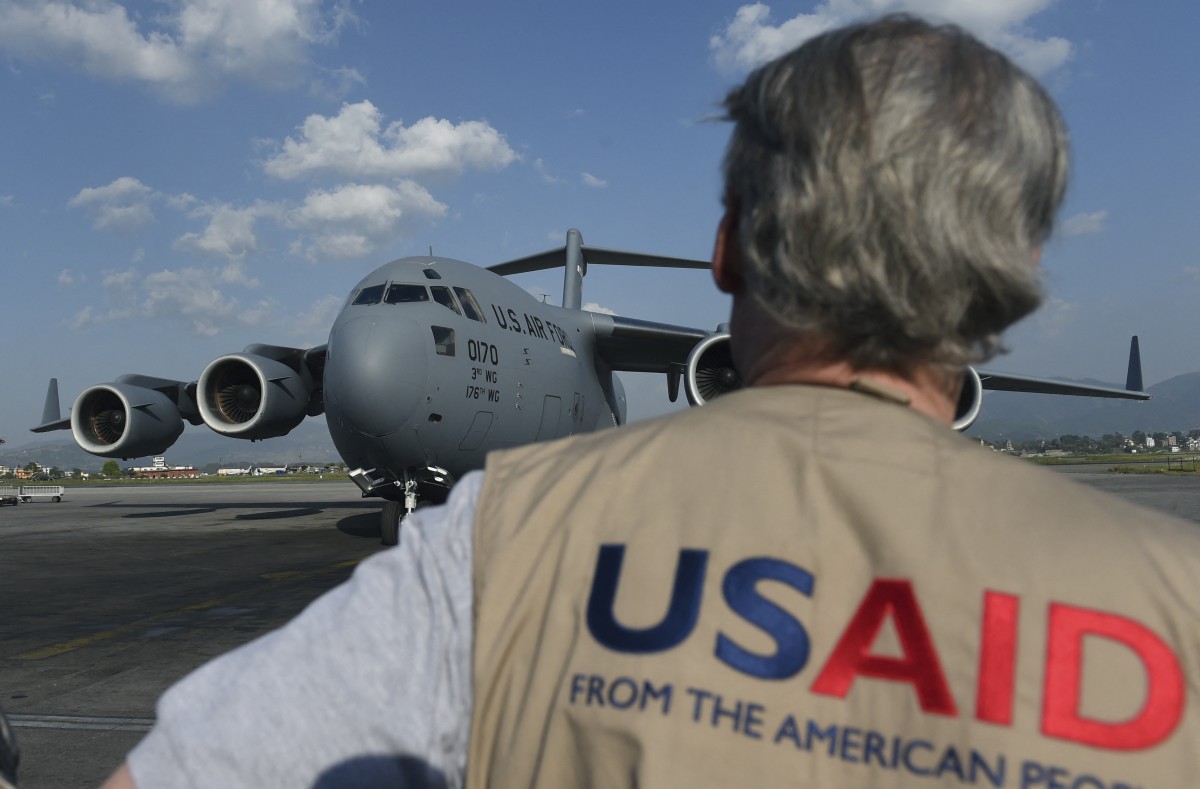
• Lagos Commissioner pledges support, laments overflow of centres
Cocreate Humanitarian Aid, yesterday, lamented the plight of Nigerians trafficked to Italy and other parts of the world. It said families are giving out their brood for as low as N30,000, equivalent to $20.
The humanitarian body revealed this during the Sustainable Reintegration for Victims of Trafficking in Human Beings (SuReViTH) Stakeholders Roundtable Meeting with government bodies, Non-governmental Organisations (NGOs) and others at the Eko Hotel and Suites, Victoria Island, Lagos.
It revealed that after victims of Trafficking in Human Beings (THB) escape their traffickers, some find help at available governmental or non-governmental shelters, receiving limited support, while others do not.
It said that available resources, financial or otherwise, for provision of the much-needed long-term care and support for sustainable reintegration of THB victims in Nigeria are limited.
The Guardian learnt that the goal of yesterday’s meeting that has over a dozen of NGOs was to investigate what sustainable reintegration for victims of THB in Nigeria looks like, have a better understanding of how this may reduce the risks of re-exploitation, understand who the key players and partners are, and learn from the THB victims themselves about what they believe would lead to a successful reintegration for them and their peers.
It was also to better understand the dimensions of effective, sustainable and successful reintegration of THB victims in Nigeria, recognising the untapped potential to learn from the experience of other experts working on tackling THB in Nigeria and THB of Nigerians overseas.
The round table discussed how to create a sustainable reintegration of victims of THB in Nigeria, challenges to effective, sustainable reintegration of THB victims, successful collaboration for sustainable reintegration of THB victims would look like and others. Speaking with
Founder, Cocreate Humanitarian Aid, Dr. Sarah Adeyinka, said: “When I started, I was shocked by the numbers of Nigerians leaving the country through dangerous routes, the numbers being trafficked abroad, the violence they experienced.
“For a lot of them, there is no hope, they don’t know where to go, and one of the biggest shocks to me was family involvement; seeing the involvement of fathers, mothers, aunties, friends, cousins and uncles. Sometimes we find that the person was only paid N30, 000 and they sell a family member and that was shocking.”
mothers, aunties, friends, cousins and uncles. Some times we find out that the person was only paid N30,000 and they sell a family member and that was shocking.
“I am currently working on a research and I have spoken to 22 people and in terms of working with victims of trafficking, over the couples of years, I have met 100s of women and girls in Italy, Nigeria and Belgium. For many of these girls, they left for education and education but the biggest fact is to provide support for their families and themselves.
Speaking on the solution, Dr. Adeyinka who is also a Post Doctorate Researcher at the University of Amsterdam, said: “When we did rescue, we rescued between 500 and 1000 people and a lot of them are Nigerians so, w need to do more awareness; there are places where people still don’t believe it’s happening, some that know that it’s happening do not care because they think the person promising them cannot betray them.
On the challenges on reintegrating the victims, she said: “some of the challenges are mental health support, and when people come back, they want money to support their families but the financial support is not there. They also face stigma so, I think we need to involve society as a whole to come up with a solution.
Speaking also, the Lagos State Commissioner for Youth and Social Development, Mobolaji Ogunlende, said: “This was a robust stakeholders meeting and I am happy we were able to share information and knowledge to be able to do things better, it shows there is a lot to be done.
“I represent a generation who have little or no hope in Nigeria with the rampant japa. The organiser, Dr Adeyinka should be commended and I think a lot of advocacy should be done to give hope to our youths.
“The administration of Governor Babajide Sanwo-Olu is committed but there is need for a lot of collaboration because just like private individuals, the government can’t do it alone.
We have shut down a lot of babies making factories, we have a rehabilitation Centre in Majidun, Lagos where we suppose to have 500 people but as at Friday, January 26, 2024, we had 1169 people; we feed, clothe them and try to rehabilitate and try to put them back into the system, and Majidun is just one of our homes. We have 15 homes and institutions where we are constantly attending to issues.
“We are stretched at the moment, do we need to do more? We have hotlines for drug abuse and domestic violence, should we be thinking about a line dedicated to victims of this nature? This is a key takeaway for me. The challenges are there and they will never go away and the basic fundamental issue is mindset; the mindset of the youths, parents and others. Cameroon and Ghana are not richer than us so, why are Nigerians going through this? It’s a mindset of wanting to get rich overnight so, should we take this conversation to the classroom and involve the ministry of education? There is a lot to it but we will involve everyone.






